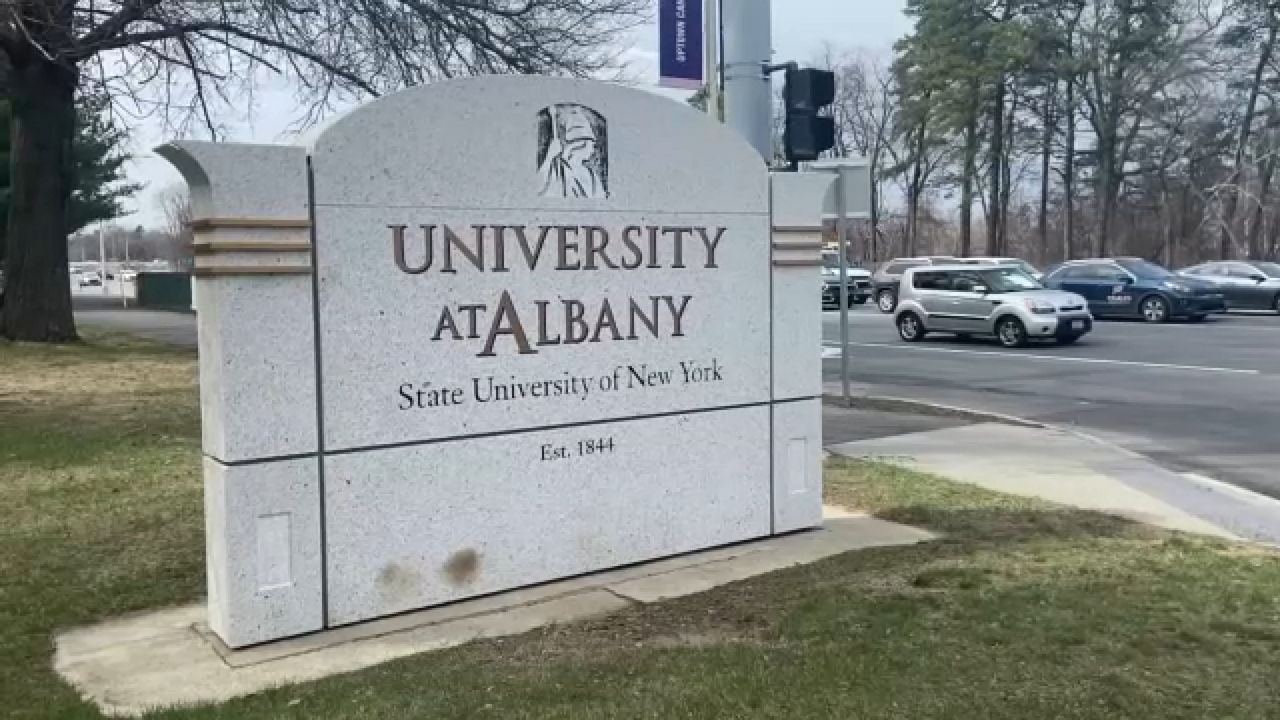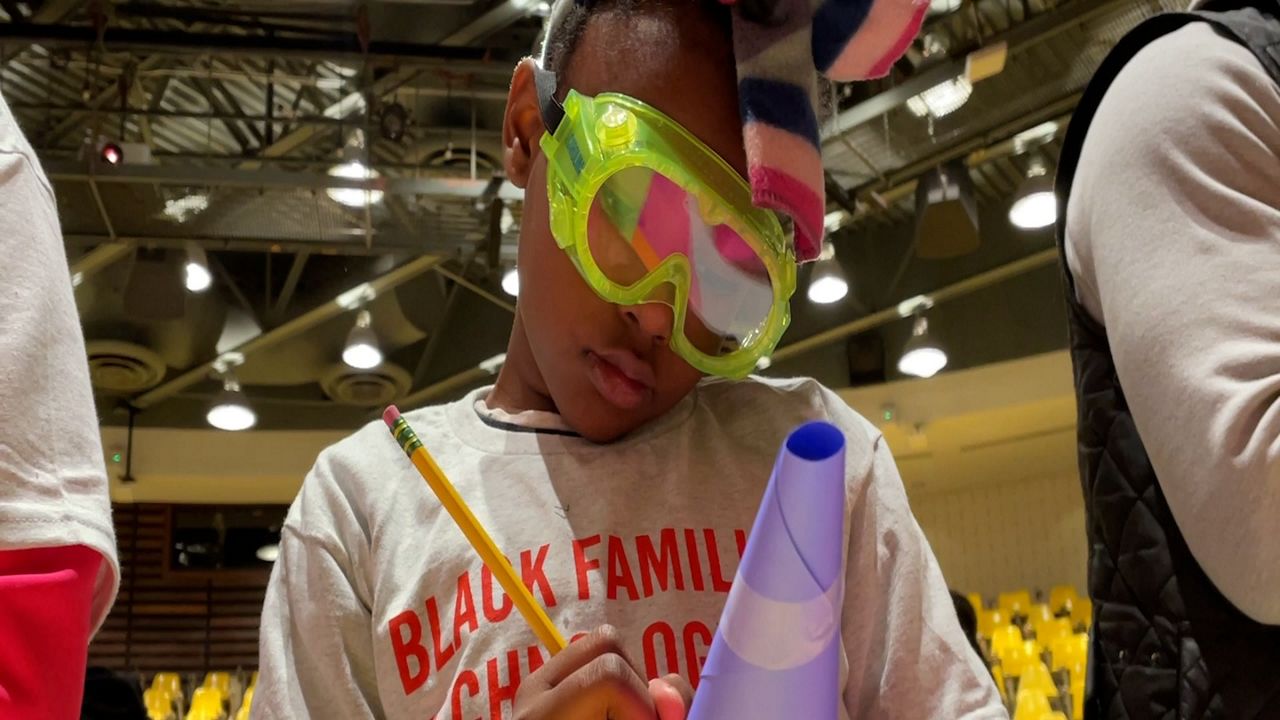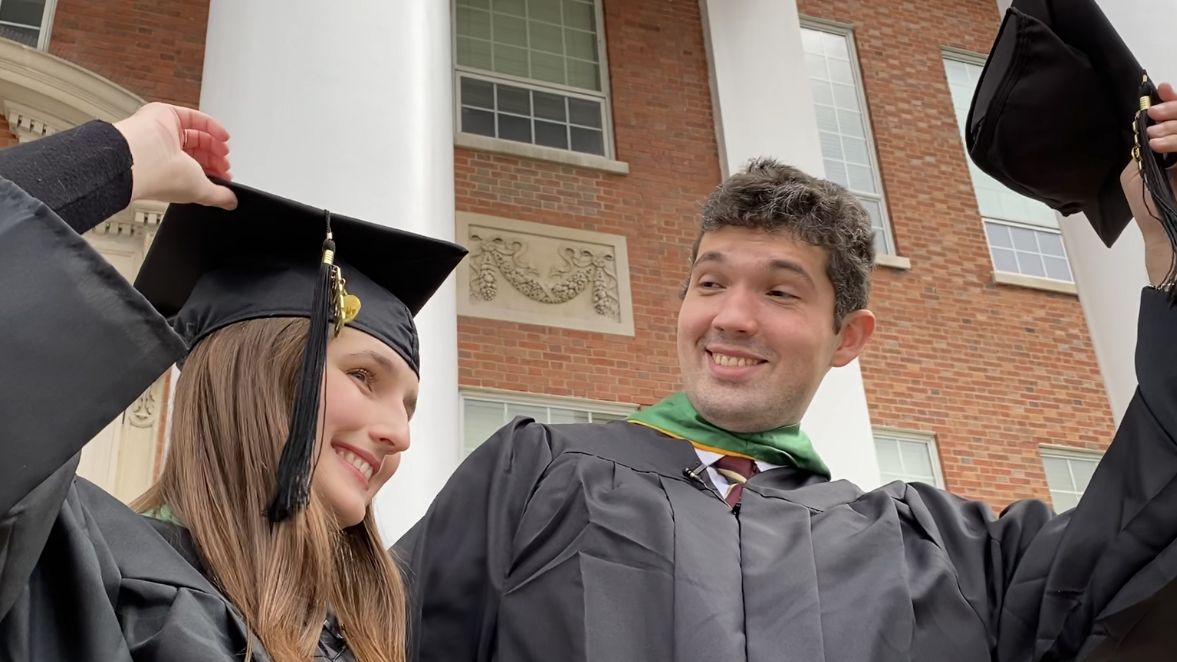At the University at Albany, students and faculty recently converged for the annual symposium on free speech and civil discourse. The event is held each year before Constitution Day on Sept. 17. This gathering aimed to delve into the significance of the First Amendment, explore the challenges it presents and discuss the responsibilities it carries.
Freedom of speech is a topic that resonates across college campuses nationwide, often sparking fierce debates about the meaning and impact of the First Amendment. In a time when incendiary rhetoric, misinformation and academic freedom limits make headlines, the university decided to host a two-day event dedicated to raising awareness about intellectual freedom and literature considered too controversial, provocative or challenging.
"Let's remember that the First Amendment is for everyone,” UAlbany sophomore James Cuddy said. ”And those who try to challenge the First Amendment are really upholding the true rights that everyone is granted here."
The symposium also tackled the contentious issue of book banning.
"I don't think that it's a good thing to ban books because you have to think about it,” UAlbany freshman Taiasia Gibson said. “Even though you don't agree with this, people make books and they resonate with other people."
The event featured a diverse range of readings, showcasing both classic and contemporary works that have encountered censorship in various contexts. Participants also engaged in a Read-Out, where they shared excerpts from banned or challenged books that have left a lasting impact.
"University presidents and the university as a whole is to uphold the freedom of speech, to have people be able to disagree with one another, to hear your views, you to hear my views,” UAlbany President Havidán Rodríguez said. “My responsibility is to support and uphold your free speech. And your responsibility is to support and uphold my free speech."
The symposium served as a prelude to Constitution Day, bringing together faculty, students, guests and members of the UAlbany community to discuss the intersection of free speech, advocacy, civil discourse and knowledge.
"[We are] coming together, having engaging conversations, difficult, complex conversations, but important ones,” Rodríguez said.
"Just because you think a book is controversial or inappropriate doesn't mean it actually is,” freshman Gianni Benedetto said. “You're not in charge of who can and cannot read something."








